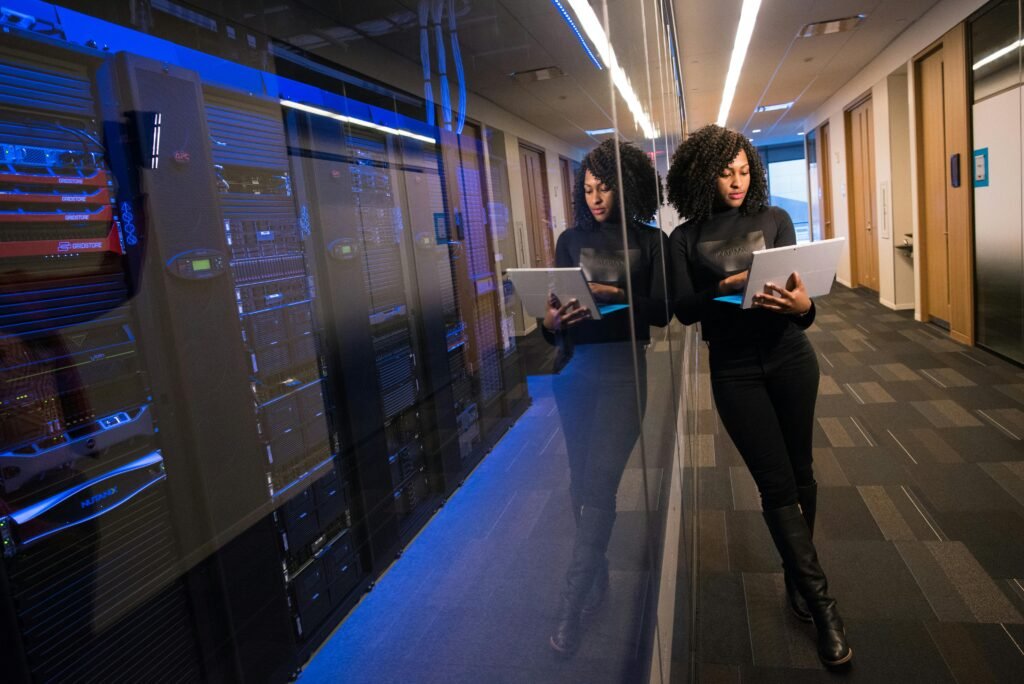Siemens AG is one of the most iconic industrial and technological powerhouses in Europe. With a rich history dating back to 1847 and a global footprint that spans across sectors like energy, healthcare, automation, and mobility, Siemens plays a vital role in the digital and green transformation of industries worldwide.
A Brief History of Siemens
Founded by Werner von Siemens in Berlin, the company started by developing innovative telegraph systems. Over time, Siemens evolved into a diversified conglomerate, contributing to almost every major industrial revolution in Europe.
By constantly innovating in electricity, electronics, and automation, Siemens has maintained its relevance across centuries.
Core Business Divisions
Siemens’ operations are divided into key business segments:
| Division | Focus Area |
|---|---|
| Digital Industries | Industrial automation, software, digital twins, smart manufacturing |
| Smart Infrastructure | Energy efficiency, building automation, grid technology |
| Mobility | Rail systems, smart traffic infrastructure, e-mobility |
| Siemens Healthineers | Medical imaging, diagnostics, advanced therapies (publicly listed) |
| Siemens Energy (spun off) | Gas turbines, renewables, transmission systems |
How Siemens Stands Out
1. European Industrial Leader
Siemens is a pillar of the European economy, contributing to:
- Innovation through heavy investment in R&D
- Employment for over 300,000 people worldwide
- Development of critical infrastructure in energy, transport, and health
2. Digital Transformation
With platforms like Siemens Xcelerator, the company is helping businesses accelerate digital adoption using AI, machine learning, and cloud solutions.
3. Green Innovation
Siemens is a key player in Europe’s climate goals:
- Developing smart grids and sustainable infrastructure
- Assisting factories to reduce CO₂ emissions
- Supporting the electrification of transportation systems

What Makes Siemens Unique?
- Legacy & Trust: Operating since the 19th century, Siemens has built a reputation for reliability and engineering excellence.
- Global Presence: Operates in over 190 countries, with strong regional expertise.
- Diversification: Siemens is present in virtually every industrial sector.
- Synergies Between Divisions: From power to rail to healthcare, Siemens connects different industries through technology.
Challenges Siemens Faces
Despite its advantages, Siemens must navigate several challenges:
- Geopolitical tensions and supply chain risks
- Competition from ABB, GE, Schneider Electric, and others
- Digital disruption, where cloud-native startups move faster
- Talent shortages in software and AI domains
However, Siemens’ strong brand, diversified portfolio, and ongoing digital investments give it an edge in navigating these uncertainties.
Future Outlook
Siemens is expected to continue thriving by focusing on:
- Sustainability-first solutions
- Digitally integrated platforms
- Advanced manufacturing technologies
- Collaborations with tech giants like SAP, NVIDIA, and AWS
Its global experience and trusted brand make Siemens a key player in building the next generation of smart cities, green factories, and high-tech medical systems.
Why Siemens Matters to Businesses in Europe
- Siemens technologies are essential for Industry 4.0 adoption.
- European SMEs and large companies alike rely on its software and infrastructure.
- It contributes directly to making the European economy smarter, greener, and more resilient.
If you’re a business looking to modernize your online presence and emulate industry leaders like Siemens, we recommend Rakuzan.eu — a top-tier web design and development company helping businesses digitize and scale effectively.
Looking to host your website securely and affordably? Choose Hostinger for premium web hosting services trusted by thousands of businesses across Europe.
Disclaimer: This article is for informational purposes only and does not constitute financial, tax, or investment advice. Readers should consult with a licensed professional before making any financial or business decisions.





